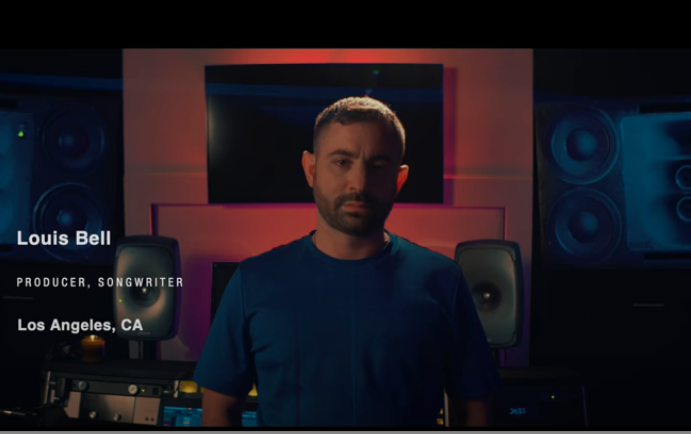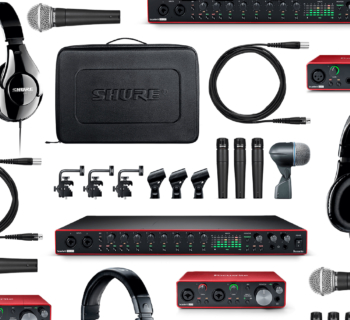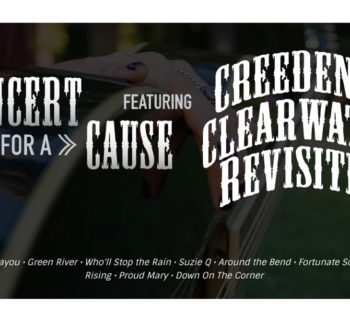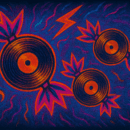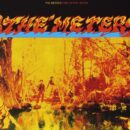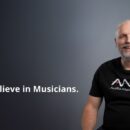We’ve all been there. You were up all night in an almost religious trance chasing down the perfect hook for your next song, the one that's going to change everything. You text your bandmates that you have something hot for the upcoming session. You get your mates in the room, dim the lights, plug in your rig, and rip through your magnum opus. You’re elated. You feel like Prince at the end of Purple Rain, you’re Kelly Clarkson belting “A Moment Like This” after having won American Idol, or perhaps you feel like an of-the-moment artist performing a more relevant song that doesn’t betray my age.
As the last note fades out, you come back down from the astral plane you’d launched yourself into. You look to your band for reactions and you see…nothing. Carefully guarded expressions. Furtive glances to each other. You knew it. You’re a hack. A fraud. A foolish pretender masquerading as an artist and your friends, out of pity, have been holding off breaking the news to you. Or worse yet, you’re a misunderstood genius who has surrounded yourself with artless morons who don’t understand greatness when they hear it! How could you have been so blind?
Stop.
Breathe.
Review a couple of critical pieces of information.
One, you’re not crap. Nor are they. You’ve worked hard to develop your skills and you keep coming back to your dingy practice room in the dicey part of town because you all know you’re cultivating something special.
Two, you’ve had far more time than them to process what you created. You were there when it started as a wriggling earworm you had to exorcise, all the way through to when you almost published it on Spotify without the band's permission. They’re hearing it for the first time. Everyone processes new information differently, and you've just dumped a lot of information on them.
This is a natural part of the collaborative process and it leads to one of the toughest aspects of writing music in a group: giving and taking feedback in a way that protects feelings and serves the song.
Feedback about your creative baby is never easy. You’re often very emotionally close to your artistic output and a comment on a song can easily feel like a comment on you, the parent. Remember, if you trust the people you work with, feedback is never personal.
To help receive notes dispassionately, try to think of your song as a table you just built.
(I apologize to any passionate carpenters for the metaphor.) The legs are the main components of the song: the melody, the arrangement, the lyrics, and the tone. If your lead guitarist is suggesting a change to the hook, he’s not saying that you can’t play or write good hooks. He’s saying that it would be really cool if the legs of the table had a little bit more detail work. If someone wants to change tempo or add a varnish, it’s to make a better table, not to diminish what you built.
However, in order for notes to be received dispassionately, it helps if the notes are given with care. Too often collaboration is stymied by reductive notes. In our creative process, I’ve learned the following aren’t helpful:
• I don’t get it.
• _____ needs work
• Can we change _______?
• Can we cut ______?
These notes aren’t helpful because they don’t offer a direction. They just let the recipient know you don’t approve of what they took a risk to share with you. Instead, make sure your feedback comes with a way forward.
- Can you help me understand what you’re going for by______?
• I think that if we added ______ to ______, it could help the song because____.
• What if instead of ______ we tried ________ so that it ______?
A safe rule of thumb is that if you don’t have a suggestion to actually fix the area in question, don’t speak until you do. However, if you feel you must, try couching the sentiment in some context:
• I’m not sure what the alternative is, but ______ isn’t working for me because_______.
• Can you walk me through your decision-making process on _______? I want to better understand what you’re going for.
This is all built on the assumption that you like and trust your bandmates. If that’s not the case, you have bigger issues to address, such as “Why are you making music with people you don’t trust and/or enjoy?” Sharing the creative process is often messy and almost always a challenge, even if you see your band as family. (Sometimes especially if you see your band as family). Make sure you’re doing what you can to protect your feelings and those of your collaborators so you can keep the focus on your goals: sharing your awesome music with awesome people.
The Jones Title is an unsigned American rock band formed in NYC circa 2018. Blending a ‘90s alt-rock inspired guitar attack with thought-provoking lyrics and passionate vocals, The Jones Title has been a fixture of the New York indie scene for years and they hope to play in your corner of the world someday soon. Their newest single “She Don’t Know” is available for streaming and download on major platforms including Spotify. Their debut album Birkenhead Drill is slated for release early 2022. They would be thrilled if you choose to explore and subscribe to their content on the following:
thejonestitle.com
Instagram: @thejonestitle
Facebook: facebook.com/TheJonesTitle
Twitter: @thejonestitle
Featured Photo by B Rosen.




